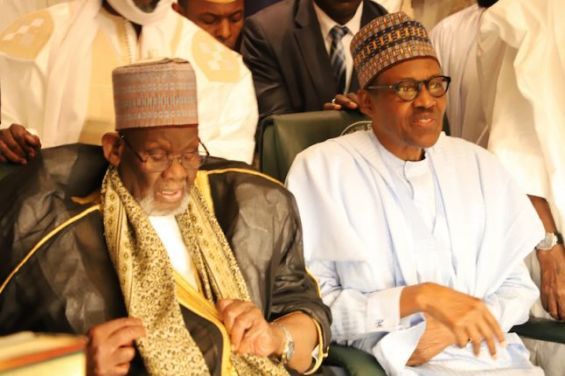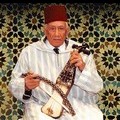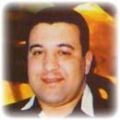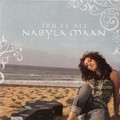After it was postponed for a week, the 2019 Nigerian general election will take place on Saturday, February the 23rd. Nigerians will have to choose between two candidates : The country’s current President Muhammadu Buhari from the All Progressives Congress party (APC) and Atiku Abubakar, the former Vice President of Nigeria and presidential candidate of the People's Democratic Party (PDP).
This year, the Nigerian general election has broken up with a long-established tradition in the country. Indeed, the two presidential candidates are both Muslim and from the north of the country. Although not formally established, the political scene in Nigeria is governed by an agreement that «the presidency should alternate between the Muslim north and the Christian South», explained Reuters in 2010.
For Morocco, the presidential race in Nigeria is crucial to the economic and political ties between Rabat and the African state. Unlike the 2015 general election when Rabat decided to explicitly side with Buhari, Morocco preferred to remain discreet this time.
For the record, in 2015, King Mohammed VI refused to held talks with former Nigerian President Goodluck Jonathan, who was competing against Buhari.
Supporting Buhari through Zawia Tijaniyya
The sovereign «refused to accept the request of Jonathan because the process is linked to important election in the country (…) The request of the Nigerian authorities is more of a way to attract Muslim votes in the country that a normal diplomatic approach», explained the Ministry of Foreign Affairs in a statement published in 2015.
Today, Rabat did not side in an explicit way with Muhammadu Buhari but another party did that instead. On February the 11th, Sufi movement Zawia Tijaniyya publicly called its followers to vote in favor of the current president.
In a statement signed by the movement’s chairman Timasaniyu Ahmed-Rufai, the Zawia endorsed Buhari’s candidacy. «He has been tested and could be trusted for a second tenure», said the same statement, quoted by Nigerian newspaper Premium Times.
For the record, Muhammad Sanusi II, the emir of Kano, who is a member of the movement in Nigeria is very close to Morocco. He is one of the influential figures that support Morocco’s bid to join the Economic Community of West African States (ECOWAS) in Nigeria.
Muhammadu Buhari is also close to the Zawia. In November 2016, he received a Moroccan delegation from the movement headed by its leader Mohamed Kabir Ibn Mohamed. During this meeting, he asked the Kingdom to support peace messages in Nigeria.
In June 2018, he received in Abuja Sheikh Ahmed Tidiane Niasse, another figure that is close to Morocco.





 chargement...
chargement...













